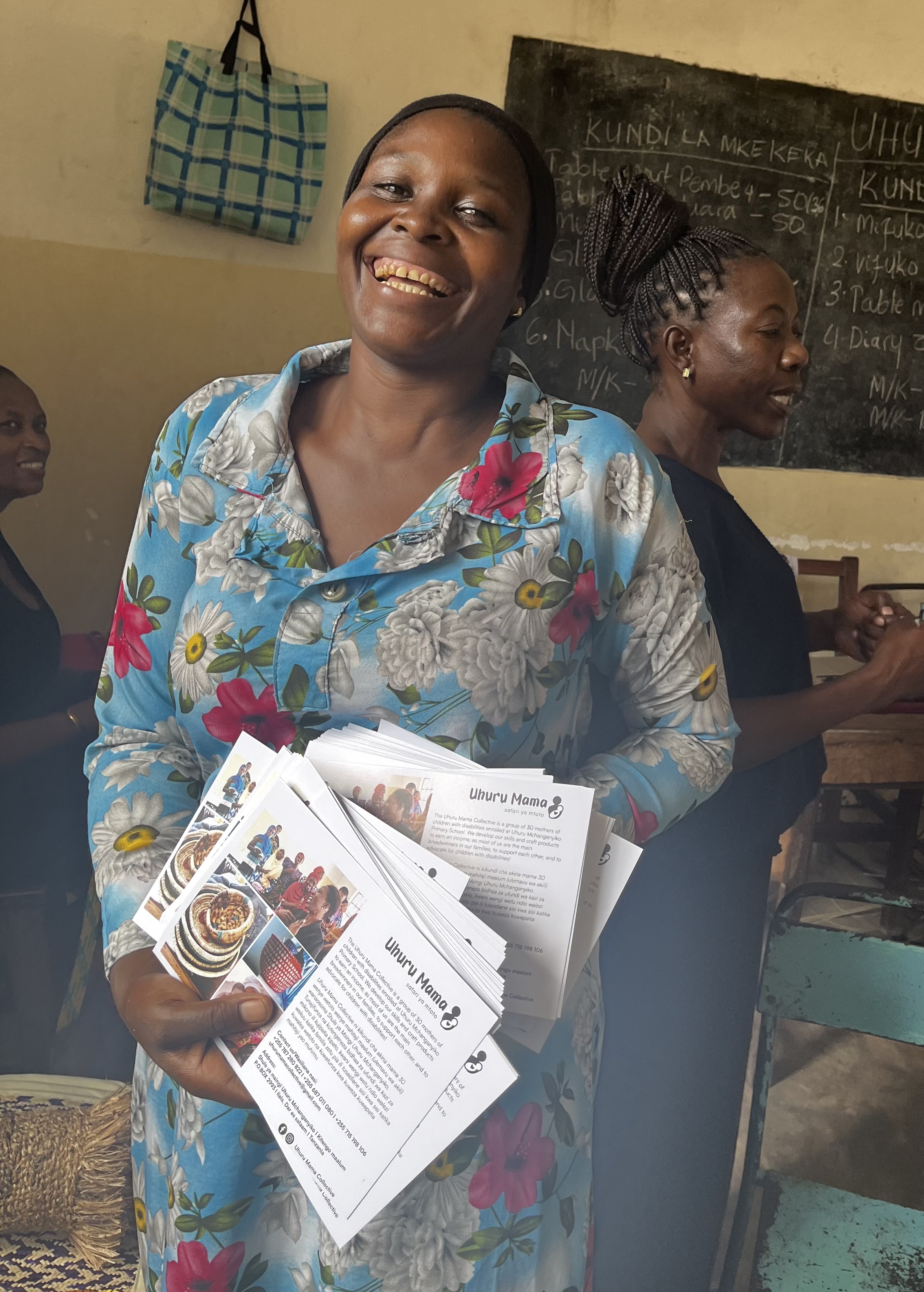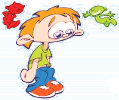Uhuru Mama shows how solidarity can lead to great impact.
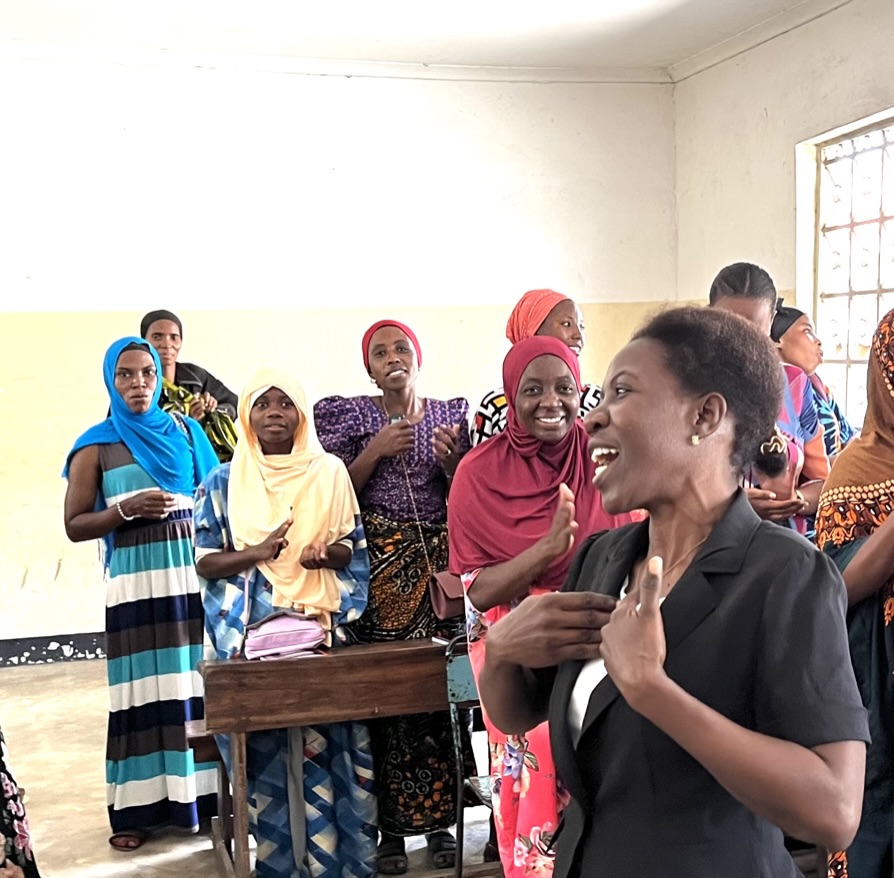
Instead of Waiting
Uhuru Mama consists of 34 mothers of children with developmental disabilities at Uhuru Mchanganyiko Primary School in Dar es Salaam, Tanzania. The collective originated when I noticed many mothers sitting and waiting all day while their children were at school. I proposed the idea of a cultural collective to Professor Mariana Makuu at Open University, and she liked it. Mariana and I know each other from collaborating in Children with Disabilities & UN Rights Conventions, an exchange project aimed at improving the quality of life for children with developmental disabilities in Norway and Tanzania funded by NOREC. We agreed that it would be empowering for the mothers to use their time to earn money. Mariana opened the door to the principal for me, who was positive about the idea of facilitating the establishment of a cultural collective. Half a year after its inception, the mothers have become a strong and supportive work community, sharing joys and sorrows, producing beautiful handicrafts for sale, and collaborating to improve conditions for people with developmental disabilities in Tanzania.
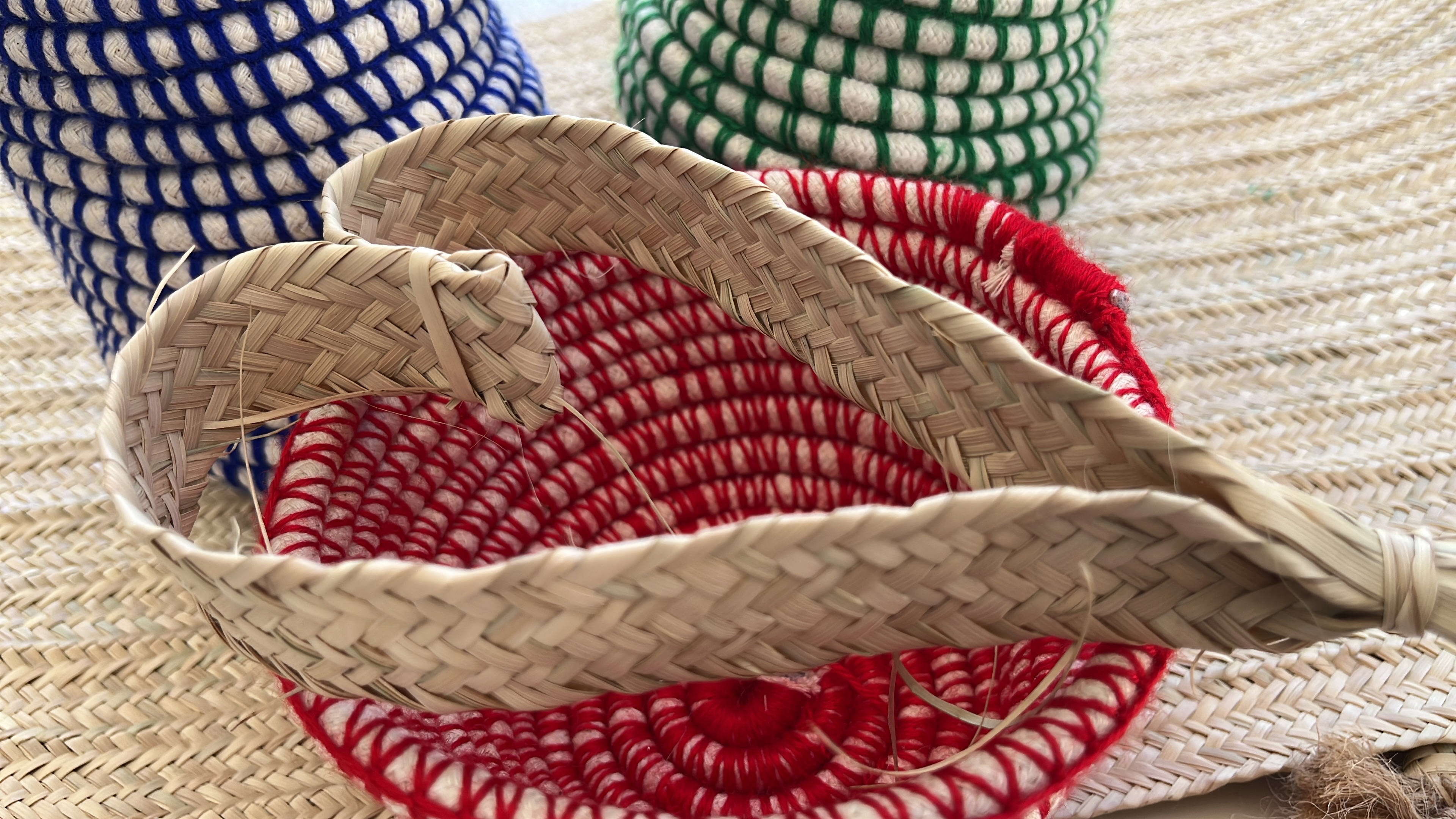
Sewing their ways out of stigma
"Being part of this collective – it's like coming up from a deep, dark hole!" said Hariet Kabende, one of the Uhuru Mamas, during the first sales exhibition. The mothers have a group where they feel at home, they earn money, they develop skills based on traditional Tanzanian crafts, they use their hands and minds to create increasingly beautiful products, collaborate on business plans, and develop networks that can promote sales. They are proud of having developed knowledge and skills, created lots of beautiful things, and earned money. They feel less shame, fewer are hindered by depression, they sleep better and worry less. Developmental disability is traditionally associated with witchcraft in Tanzania. Many believe that having a child with a developmental disability is a punishment, thus heavy thoughts come easily. From the start of the collective, more than 2/3 of the mothers were depressed; now, less than a third are depressed, and among those who still suffer from depression, for most it has gone from being severe to mild. However, the everyday lives of the mothers and their families are still very challenging: Most mothers are single providers, and even though they earn a little more and see a brighter future, they live in poverty in a country without welfare benefits. But laughter comes easily among the grass, coconut leaves, and batik fabrics, and there is constant singing and dancing, making challenges and the harsh realities of life easier to handle. "I rest a bit on the mat, look at my child, feel the love for her, thank God, and then continue," says Zulfa, when I ask her how she manages to persevere.
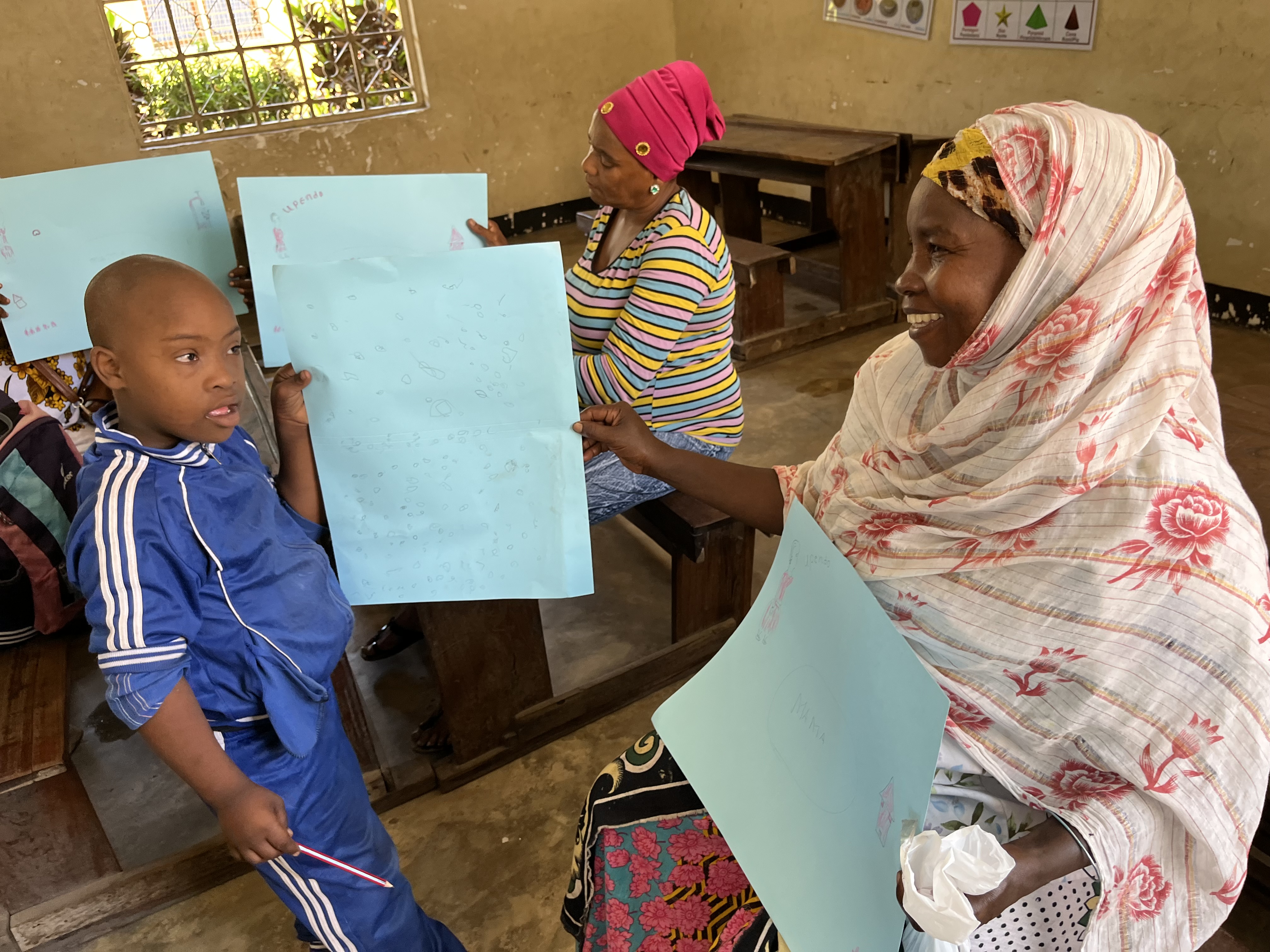
Summary of Activities the first year of the collective. The Uhuru Mama Collective in Dar es Salaam, Tanzania, completed its first year with significant achievements. Established in July 2023, we quickly engaged in various activities, including handcrafting beautiful products, research, and photo shoots. We participated in the Arusha conference, launched a Facebook group, and initiated sales exhibitions both locally and in Norway. We found a skilled weaving teacher, and collaborated with a professional designer on designing our logo. We received donations to support our work. We also hosted exchange students and international visitors and conducted workshops on nutrition, reproductive health, and digital learning. Throughout the year, we focused on togetherness, handcrafting, social media engagement, and product sales. Celebrating our one-year anniversary in June 2024, we continue to grow, preparing for future projects and further expanding our reach. Activity list 2023-24.
Economic Support July 2023 - 2024.
Media:
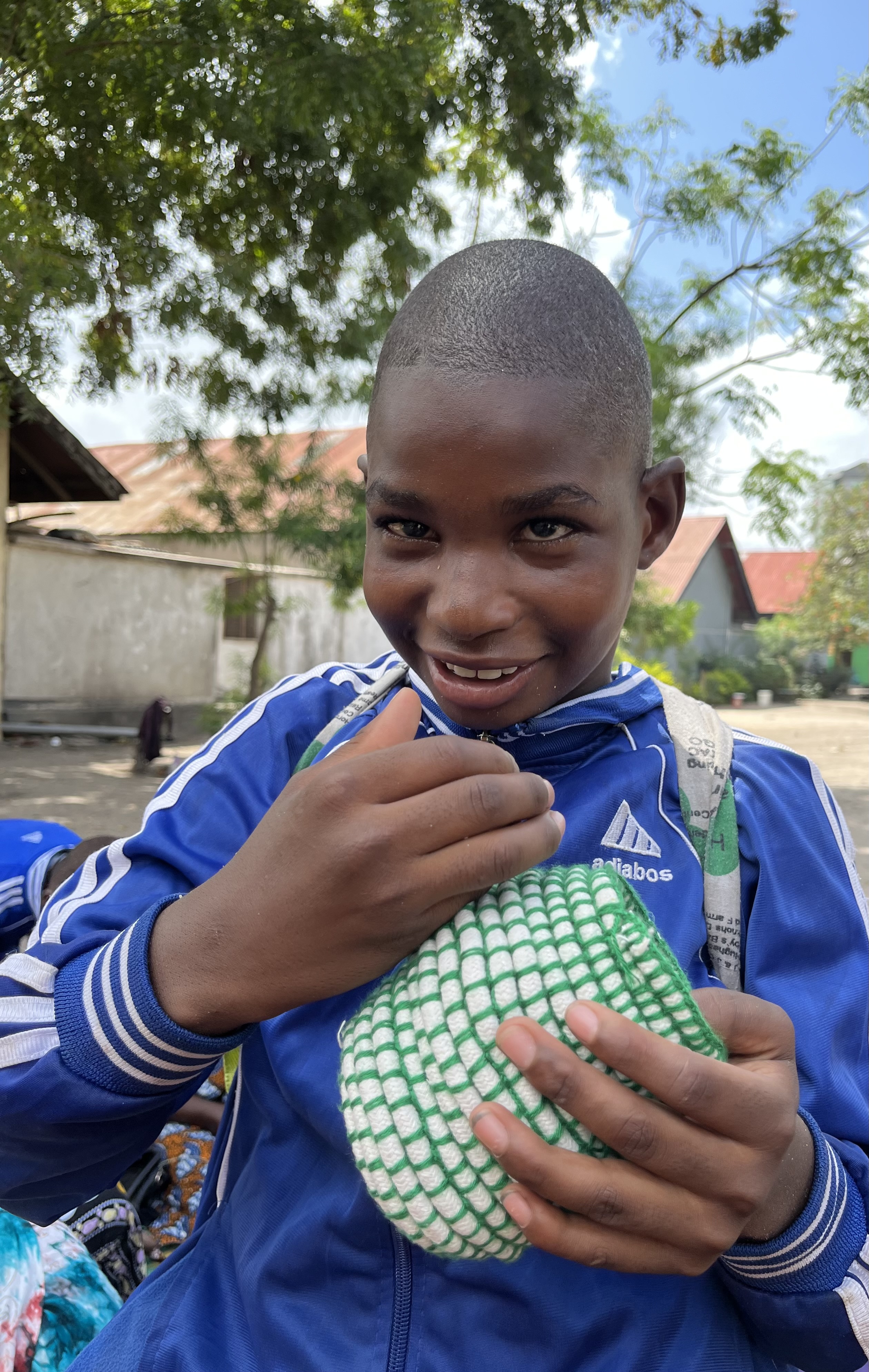
Start-up Support to Establish Sustainable Business
The income from the sale of craft products was distributed among the participants in the collective first after the sales exhibition in August (431 USD), then after participation at the Artisan Market/products delivered to Myratun in December (30,000 TZH to each participant). To start producing craft products, buying materials, and sewing machines, and getting good systems in place for the collective, financial support is needed in the start-up phase. We have talked our way to solutions to challenges that have arisen along the way. One challenge has been to prioritize coming regularly to a job where one does not receive a fixed salary: For people in poverty, immediate costs are typically a challenge. In October, the board of Uhuru Mama and I therefore agreed that the women who actively participate in the collective will be covered 3000 TZH/day (equivalent to 1,5 USD) for attendance; it covers bus transport for those who need it, and in any case, it provides an incentive to come. After this arrangement was put in place, we have seen much steadier attendance and more optimism that the collective can eventually become sustainable jobs.
From the start in July to New Year 2023, I have transferred digitally/paid out in cash to Uhuru Mama 7, 526 000 TZH
